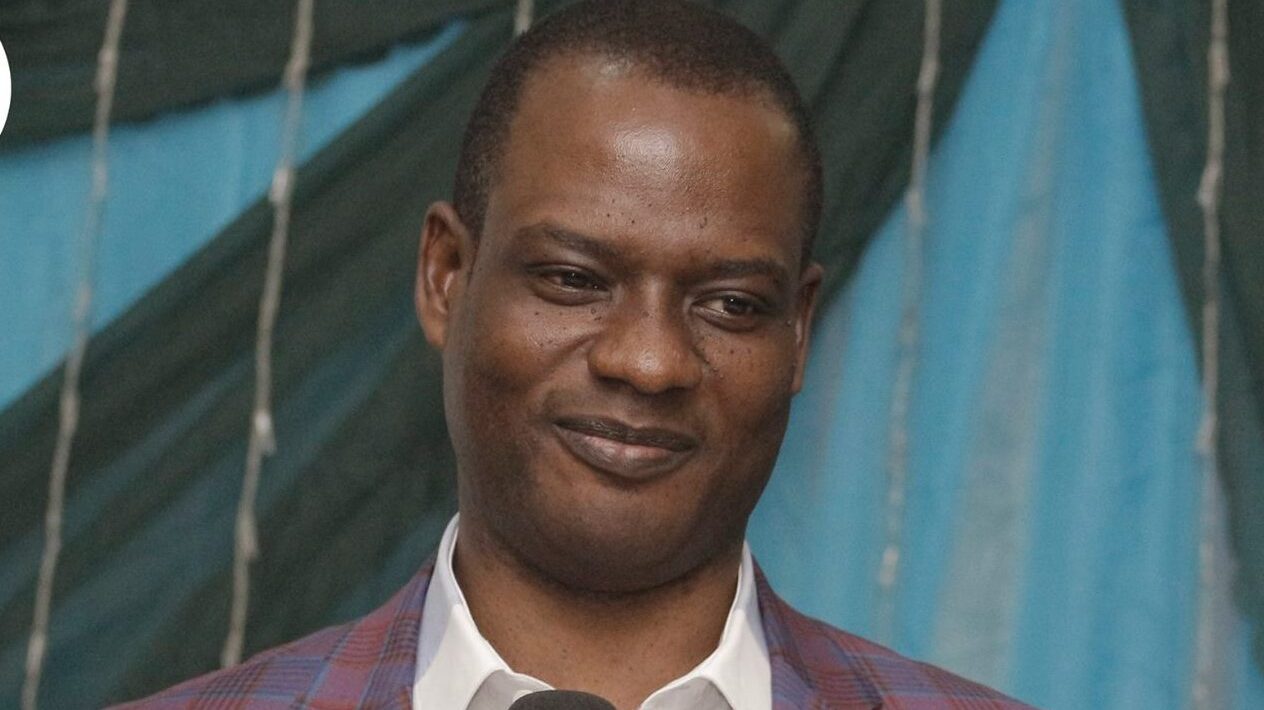
Fiscal policy expert and Chairman of the Debt Management Roundtable (DMR), Mr Taiwo Oyedele, has hinted at the possibility of a debt crisis if Nigeria maintains its skyrocketing debt service cost to revenue.
Oyedele, in a recent chat with NESG Radio, the weekly syndicated podcast of the Nigerian Economic Summit Group (NESG), emphasised that the current debt to GDP ratio and fiscal benchmarks set by international monetary organisations were not the appropriate yardsticks by which to measure Nigeria’s solvency threshold.
He said: “The primary source of concern for Nigeria is not the debt to GDP ratio which is still within the international threshold. What the DMR is actually interrogating are whether those international thresholds are indeed appropriate for our West African countries. If you take Nigeria for example, our debt to GDP ratio is still under 35%, but our debt service cost to revenue is already 70% for the Federal Government. This is already pointing towards a debt crisis.”
He warned that unlike before, there are limited options for waivers, renegotiation of terms or outright debt cancellation. Currently, the majority of Nigeria’s debts are reportedly derived from the capital market, not the international community as was the case during the early years of Nigeria’s return to civil rule.
“They do not have the capacity to waive our debts and we cannot force them to. Otherwise there will be significant negative consequences for Nigeria. While there is nothing wrong with looking for opportunities for waivers or renegotiation of terms, we need to be mindful that a significant portion of our debts will not be eligible for waivers or forgiveness,” he added.
Earlier this year, the NESG launched the Roundtable in partnership with the Open Society Initiative for West Africa (OSIWA) to equip Nigeria and West African countries with insights, evidence and recommendations on debt management and sustainability.
Oyedele explained that the DMR is regionally relevant, but uses Nigeria as a case study due to the size of its population and growing influence on ECOWAS. He therefore advised that the Nigerian government prioritise innovative revenue generation, fiscal efficiency and alternative funding for public expenditure to become a regional reference point in sustainable debt management.
“Borrowing is indeed necessary for countries, businesses and individuals. But if you get to a point where there are concerns about the terms for those borrowings, your ability to meet those terms, utilisation of the funds you borrow and your ability to repay when they are due, it could become a source of concern for citizens, businesses and the general public.
“The mandate of the DMR is that rather than just analyse and complain, why don’t we come together and explore what we can provide in terms of insights to governments across the sub region and then more importantly, what we can do to help them ensure there is better management of their debts for sustainability and long term prosperity of their people,” he said.



